We've found 1000 matches for your search. Order by
Results
-
 £12.50
£12.50Mid All The Traffic (Brass Band - Score only) - Ballantine, Leonard
This beautiful arrangement marries the words of John Oxenham to the American traditional melody 'Shenandoah'. Perfect for the reflective or quieter section of any band programme.
Estimated dispatch 7-14 working days
-
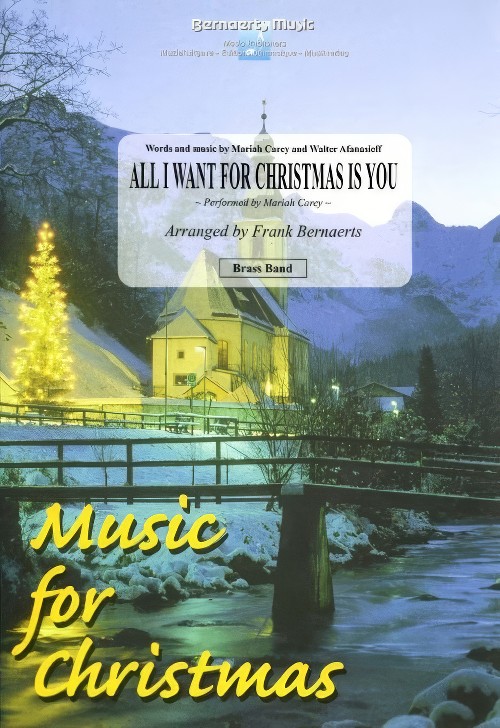 £54.99
£54.99All I Want for Christmas is You (Brass Band - Score and Parts) - Afanasieff & Carey - Bernaerts, Frank
As performed by Mariah Carey. Duration: 3.45
Estimated dispatch 7-14 working days
-
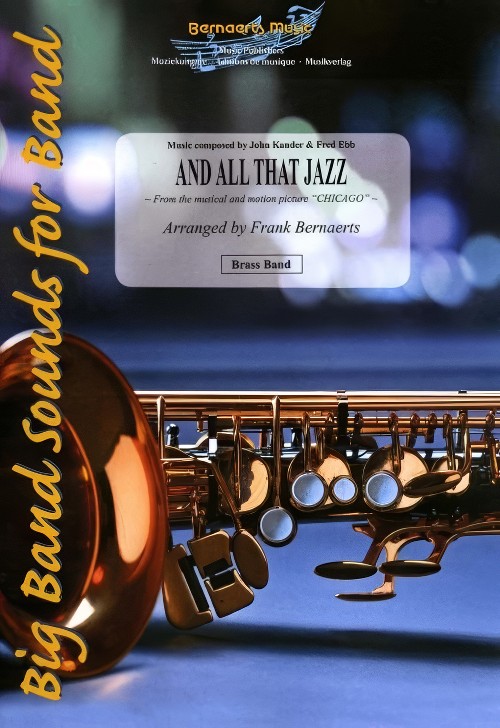 £54.99
£54.99And All That Jazz (Brass Band - Score and Parts) - Ebb & Kander - Bernaerts, Frank
Theme frrom the musical and motion picture Chicago. Duration: 3.15
Estimated dispatch 7-14 working days
-
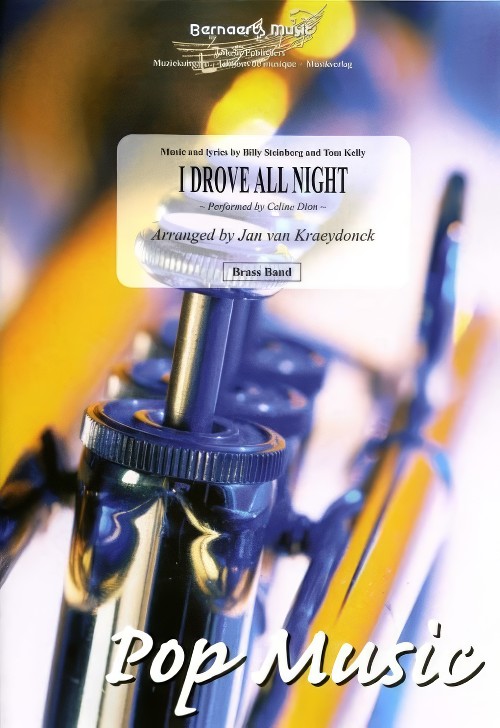 £51.99
£51.99I Drove all Night (Brass Band - Score and Parts) - Kelly & Steinberg - Kraeydonck, Jan van
Performed by Celine Dion. Duration: 03:30
Estimated dispatch 7-14 working days
-
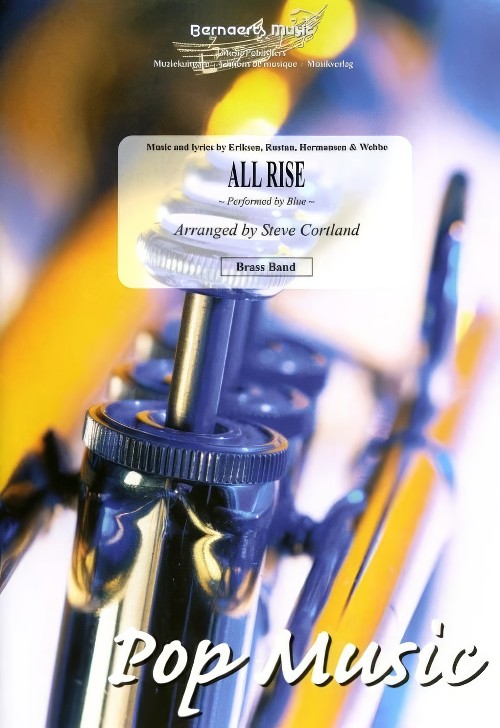 £53.99
£53.99All Rise (Brass Band - Score and Parts) - Cortland, Steve
As performed by Blue. Duration: 3.30
Estimated dispatch 7-14 working days
-
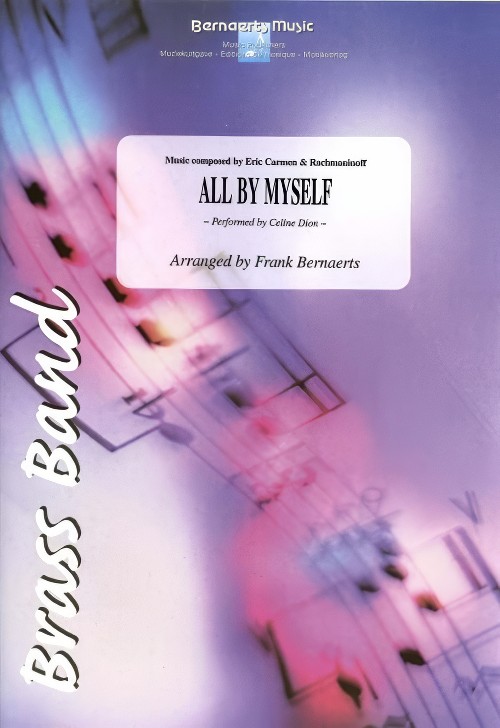 £53.99
£53.99All By Myself (Brass Band - Score and Parts) - Carmen & Rachmaninoff - Bernaerts, Frank
As performed by Celine Dion. Duration: 4.10
Estimated dispatch 7-14 working days
-
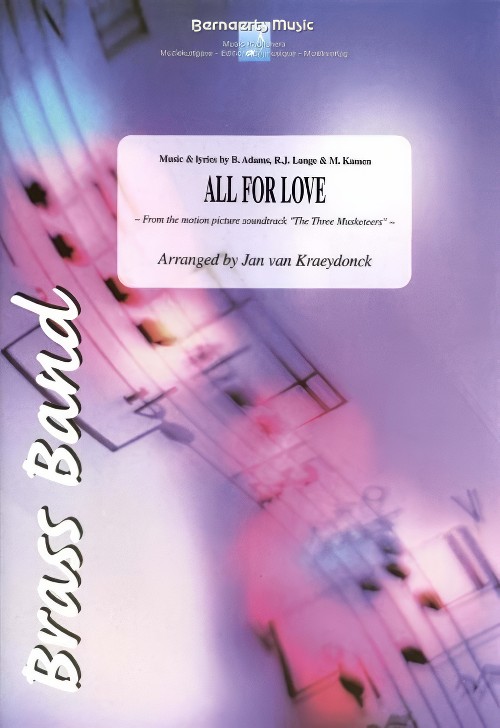 £53.99
£53.99All for Love (Brass Band - Score and Parts) - Kraeydonck, Jan van
From the motion picture soundtrack The Three Musketeers and as performed by Bryan Adams, Rod Stewart and Sting. Duration: 3.45
Estimated dispatch 7-14 working days
-
 £50.90
£50.90ALL BY MYSELF (Eb Horn Solo with Brass Band) - Carmen, Eric - Fernie, Alan
Grade: Medium
Estimated dispatch 7-14 working days
-
 £37.95
£37.95ALL CREATURES GREAT & SMALL (Brass Band) - Pearson, Johnny - Richards, Goff
Estimated dispatch 7-14 working days
-
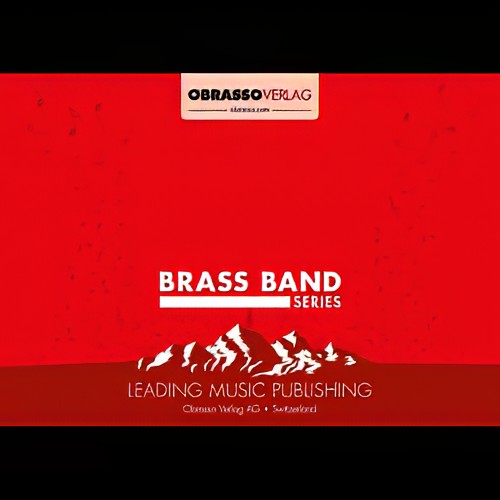 £56.00
£56.00All I Ask of You (Cornet and Euphonium Duet with Brass Band - Score and Parts) - Lloyd Webber, Andrew - Fernie, Alan
Duration: 4.15
Estimated dispatch 7-14 working days
